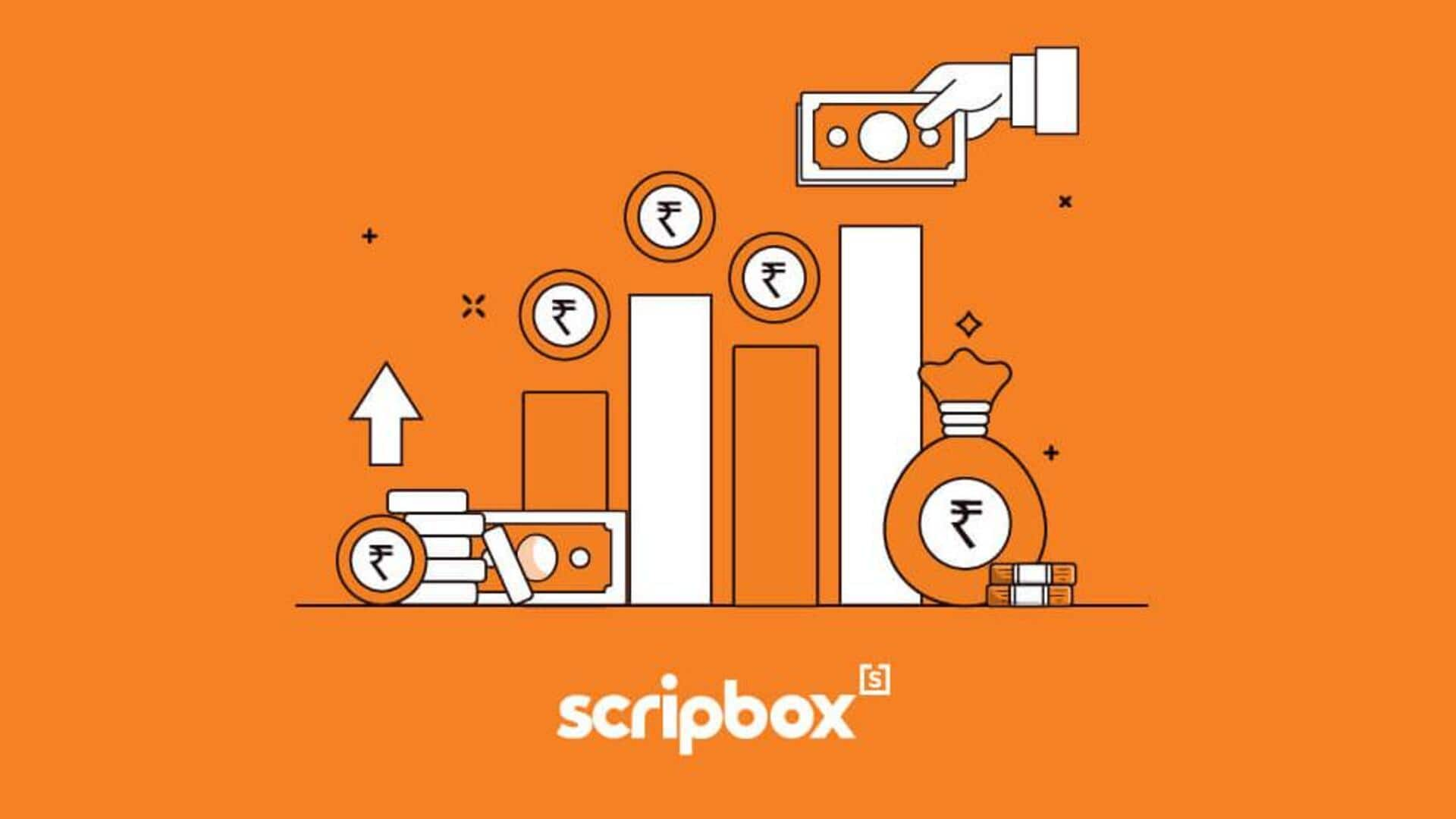
Wealth-tech start-up Scripbox becomes profitable after 12 years
What's the story
Scripbox, a wealth management platform, achieved profitability for the first time in the financial year ending March 2025. The company achieved this milestone on the back of a 27% increase in revenue from operations to ₹107.24 crore, up from ₹84.33 crore in FY24. The information was revealed through its consolidated financial statements filed with the Registrar of Companies (RoC).
Revenue sources
Scripbox's diversified revenue model
Founded in 2012, Scripbox has built a diversified revenue model. The company earns brokerage and commissions from mutual funds, fixed deposits, PMS (Portfolio Management Services), AIFs (Alternative Investment Funds), and sovereign gold bonds. It also generates income through advisory services and lead-generation fees. In FY25, 82% of its operating revenue came from brokerage and commissions on mutual fund distribution (₹88 crore) while PMS contributed ₹8.66 crore.
Financial growth
Scripbox's total revenue and expense reduction
Scripbox also earned ₹7.6 crore from investment advisory fees and ₹1.14 crore from portfolio management service fees in FY25. The remaining revenue came from brokerage on fixed deposits, sovereign gold bonds, AIFs, and other products. The company's total revenue for the fiscal year stood at ₹109.3 crore after accounting for interest and gains on financial assets (₹2.06 crore).
Financial performance
Scripbox's overall expenditure and profit
Scripbox's total expenditure fell by 29% to ₹95.82 crore in FY25 from ₹134 crore in FY24. The company posted a profit of ₹12.77 crore for the fiscal year, aided by a sharp reduction in non-cash ESOP expenses. In FY24, Scripbox had reported exceptional gains of ₹48.8 crore from the surrender or cancelation of ESOPs, which made it appear profitable; excluding this non-cash item, Scripbox would have recorded a loss of ₹44.7 crore in FY24.
Cost management
Scripbox's employee benefits expense and advertising costs
Scripbox's employee benefits expense fell by 32% to ₹49.55 crore in FY25, from ₹73.07 crore in FY24. This was mainly due to a sharp decline in ESOP-related expenses, which fell to ₹3.48 crore from ₹25.72 crore in FY24. However, advertising costs surged nearly three-fold to ₹8.35 crore during the same period as the company ramped up its marketing efforts amid growing competition in India's wealth management space.